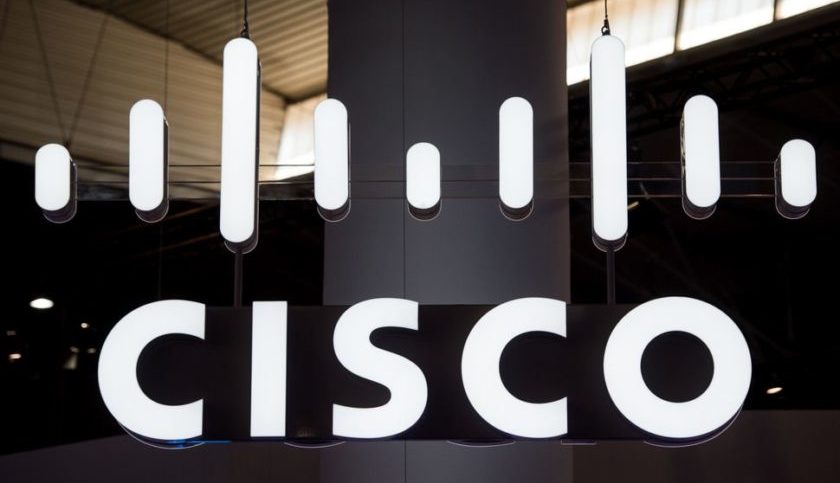HITS

Cisco Exec: Company Optimistic About Cloud Business Opportunities
Story Highlights
Cisco continues to be bullish about its cloud business and is even seeing new opportunities for growth within the sector in areas that include cloud containers, according to Kip Compton, the company’s senior VP-Cloud Platform and Solutions Group.
“We’re actually seeing a lot of ways that this cloud transition represents opportunities for Cisco,” he said May 30 at the Cowen and Company Technology, Media & Telecom Conference in New York. The company sees the cloud as “probably the biggest transition in the IT industry in our generation, and we’re pretty excited about the opportunity,” he told attendees.
The company has long been organized into divisions that include networking and security, but “we realized a couple of years ago that cloud was not going to fit neatly into that framework,” he said. After all, Cisco couldn’t just move every part of its business that was cloud-related into a new cloud business, he noted. But, as it turned out, “cloud is actually affecting all of those business” areas at Cisco, he said.
He went on to explain Cisco’s multi-cloud strategy in depth, noting multi-cloud has become “the buzzword” now and “supplanted” HyperCloud.
Cisco started to see that “all of our customers were using multiple cloud providers,” he said. And, as its customers realized they were going to use multiple cloud providers, “there were new challenges that came up for them,” he noted. “A lot of those challenges were in networking and security,” according to surveys that Cisco conducted, he said.
Cisco customers were treating the cloud like an “oil-like commodity,” he noted. For example, if it was cheaper at one company, they would move their data to that company.
But one major challenge that Cisco customers faced was “they want to access the unique capabilities in each cloud, but they don’t want to do everything in their entire IT architecture over again for each cloud they work with,” he said, explaining: “They want to be able to access Alexa at AWS, especially if they’re a consumer-facing brand but that doesn’t mean they want networking and security to work differently. In fact, they’d like that to work the same between AWS, Azure and Google and, frankly, they would like it to integrate with their on-prem environment.”
Cisco’s strategy, “from a multi-cloud perspective, is very simple, which is to help our customers solve their problems,” he said, adding: “What we’ve learned is there is a bunch of stuff across networking, security, analytics…. where customers actually want a common solution across their multiple cloud providers, as well as their on-prem infrastructure, and are pretty excited about working with Cisco to get those solutions because they don’t necessarily see one of the cloud providers being able to provide a solution that will work in all of those other environments, for both technical and political reasons.”
There are still some Cisco customers that want to move everything to the public cloud, “but most customers are looking at a balanced approach” today, he told the conference. Most customers are starting to see that, as long as they can “manage the utilization of the equipment, they can get a better economic outcome on-prem,” he pointed out. And most customers are “planning to maintain a substantial on-prem environment,” he said, noting that the cloud is not necessarily cheaper, although “you only pay for what you use” there.
Based on feedback Cisco received, its customers “see us as less biased than a lot of other players” in the cloud sector, he said. “They feel like if they work with us to figure out their cloud strategy that we’re going to be looking at where each workload should go, whereas frankly [with] some other vendors the answer is to put it in their cloud,” he said.
He went on to say that “momentum in the marketplace is tremendous around containers” right now. He added that, “just the last year even, we’ve seen just tremendous interest from our customers: customers experimenting, increasingly moving into production. We’re excited about containers. We think there’s a lot of innovation that we can bring.”
Cisco has already made a “bunch of investments” in R&D and announced the Cisco Container Platform (CCP) in January. In announcing CCP, Cisco said at the time that its turnkey, open, and production-grade software container platform would address customers’ growing need to have applications seamlessly run the same way on premises and in public clouds. CCP simplifies and accelerates how application development and IT operations teams configure, deploy and manage container clusters based on 100 percent upstream Kubernetes.
The new solution expands Cisco’s growing portfolio of other leading container platform offerings, providing more choice for customers.









